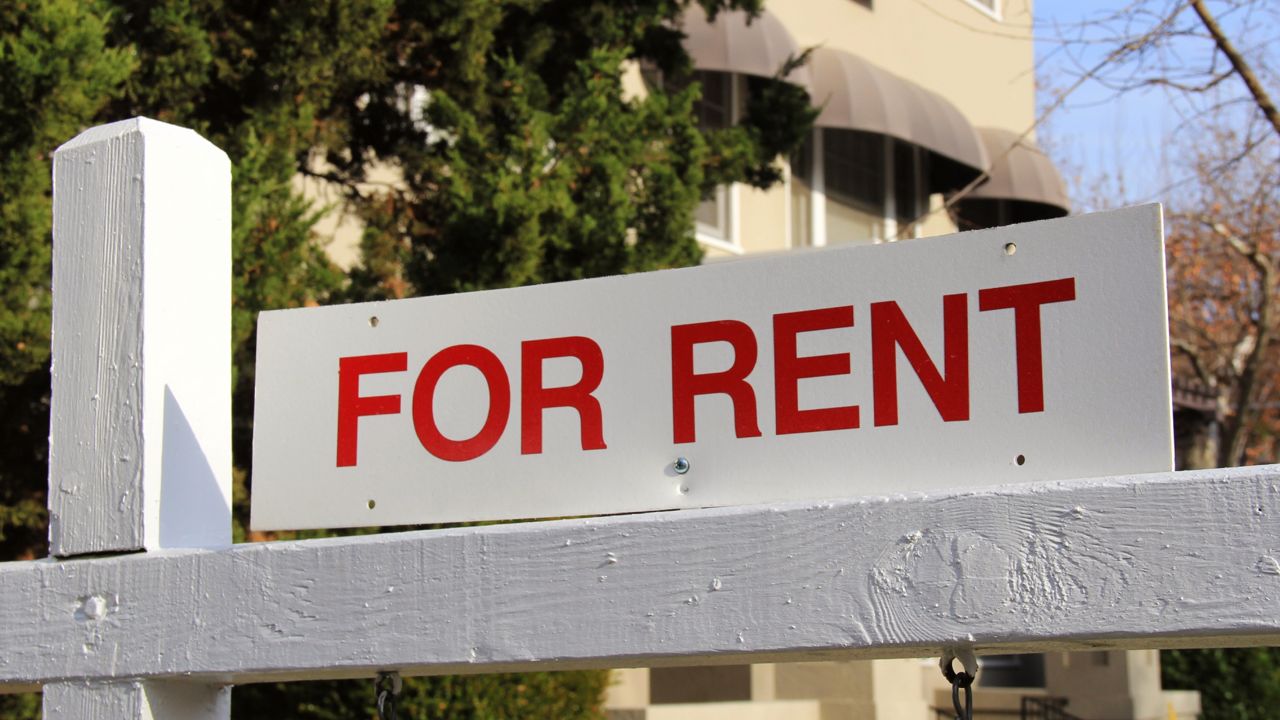CINCINNATI — A Cincinnati lawmaker has proposed a nominal increase in the city's earnings tax in an effort to raise funds to support affordable housing.
However, even before the release of a formal plan, a fellow city council member voiced serious concerns, including the issue of raising taxes coming out of the pandemic.
On Monday, Council Member Chris Seelbach announced a general outline of the new Affordable Housing Levy.
Seelbach said raising the earnings tax 0.1%, from 1.8% to 1.9%, would generate approximately $170 million over the next nine years.
The tax hike would cost the average Cincinnati household an extra $3.50 a month, according to Seelbach.
"When Issue 3 (Affordable Housing Levy) failed, I promised you a solution," the council member wrote in a Facebook post announcing the plan. "Tomorrow I am filing a new Affordable Housing Levy that will generate at least $170,000,000 in the next 9 years, strictly for affordable housing in Cincinnati."
Seelbach said he believes the tax increase will lead to more private investment in affordable housing as well. He estimates a $500 million total impact over the life of the levy. It would expire in nine years if not renewed by voters.
City council must approve the proposal before the end of August to get on the November ballot. It must get at least six of nine votes to pass.
Even without seeing the full proposal, Council Member Betsy Sundermann said it is not the time to consider raising taxes.
"If council votes to place a tax increase on the ballot in the aftermath of an historic economic crisis, it would be the most tone-deaf decision this council has made since it voted to not suspend a member under felony indictment,” Council Member Betsy Sundermann said in a written statement.
“I will vote against this proposal. If it is placed on the ballot, I will lead an effort to oppose it,” she said.
Sundermann went on to say: “It's tone-deaf to ask Cincinnati families and workers to pay more in individual taxes to fund a need that was just filled by tens of millions of dollars in stimulus money. The economy is still in uncertain territory, families are still making hard choices, and we're going to ask them to give us more of their money for a budget need we already filled?“
Cincinnati's current 1.8% earnings tax rate is lower than that of other big cities in the state. By comparison, Dayton's rate is 2.25%; Columbus is set at 2.5%; and Cleveland is at 2.5%.
While a formal plan has not been released, Seelbach said the bulk of the levy funds would preserve or create affordable rental housing for low and very-low income individuals. Those are technical definitions based on an area's median income level.
According to Seelbach, the funds will also support common issues for low- and moderate-income homeowners, as well as fixed-income seniors. These issues include homebuying opportunities, payment-assistance programs and grants, or low-interest loans for critical home repairs.
Seelbach said about 1/4 of the funds will go to boosting homelessness prevention programs.
The city administration supports the proposal, he added.
A mayor-appointed and council-approved Housing Advisory Board would make spending recommendations. It will consist of 11 people representing various groups: residents eligible for housing assistance, developers, advocates for housing issues and others.
That board was created to oversee other work related to affordable housing and the city's Affordable Housing Trust Fund. The trust currently has no formalized revenue source.
As of 2020, the fund had received less than $1 million total funds in its lifetime.
A 2020 study from the “Housing our Future” steering committee estimated the region is short 40,000 affordable units. They recommended adding at least 20,000 units over the next 10 years.
To help with those efforts, housing advocates attempted to pass Issue 3, the original Affordable Housing Levy that Seelbach wrote about, during the May election. It would have added $50 million a year to fund.
That measure failed overwhelmingly, with 73% of voters saying, "No."
Still, Seelbach is optimistic about this go-round.
He said he plans to spend the next six weeks working with the community to fine-tune the proposal before presenting it to city council.



